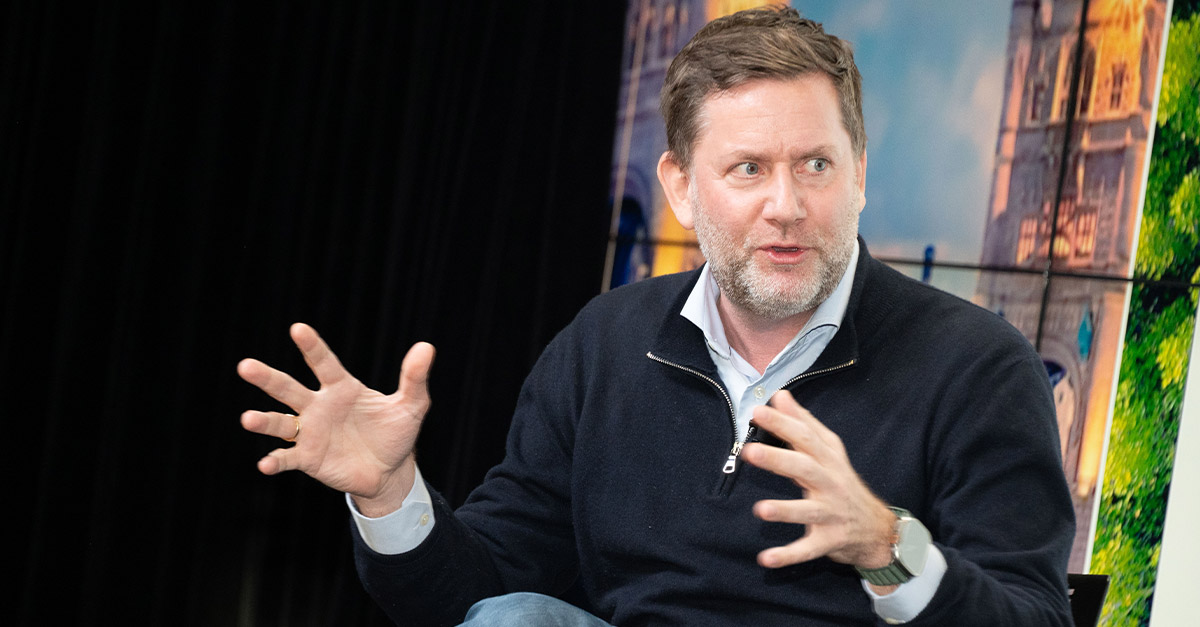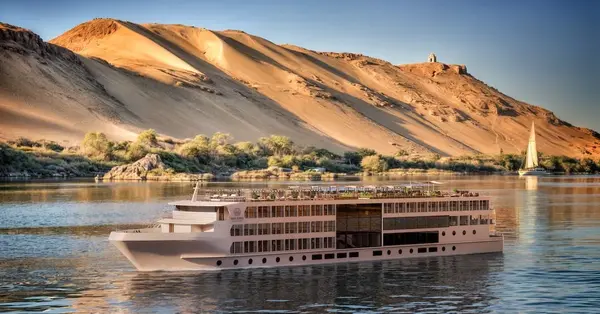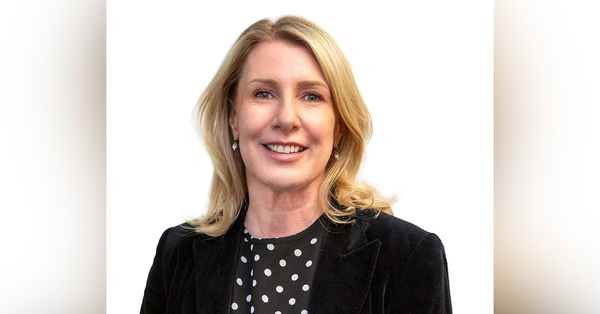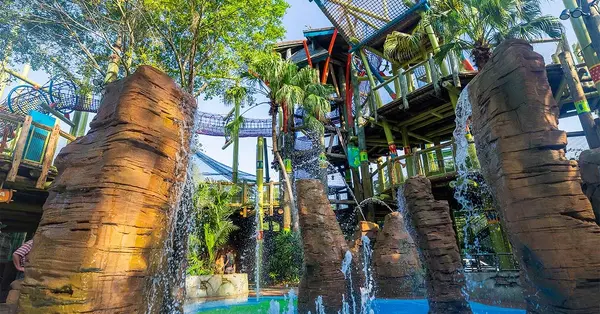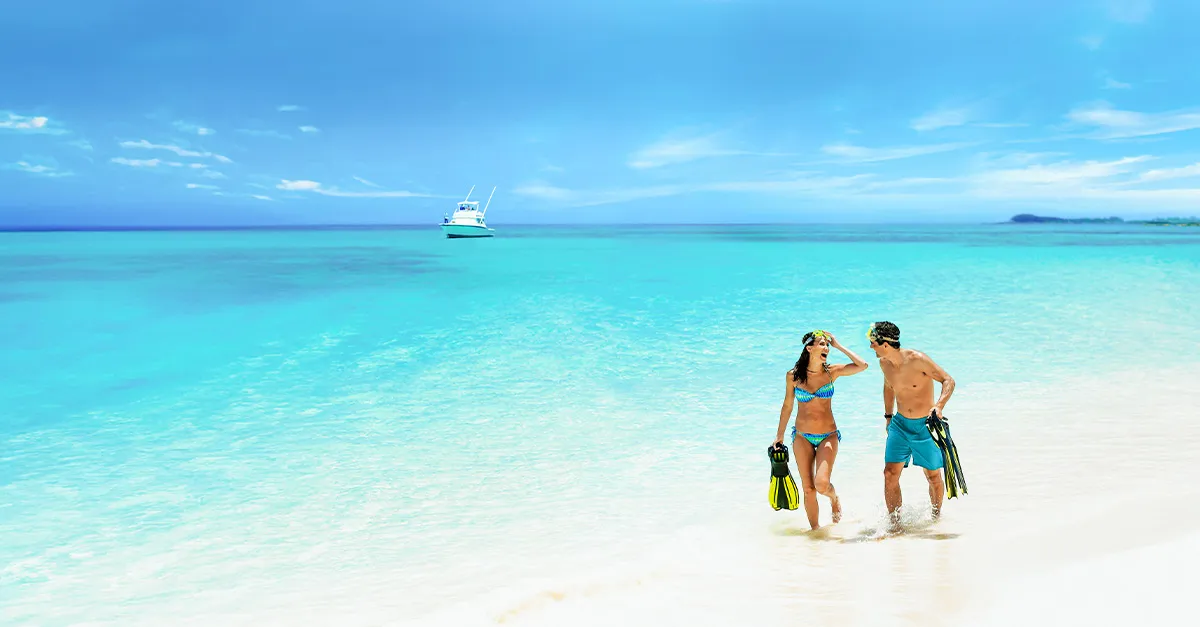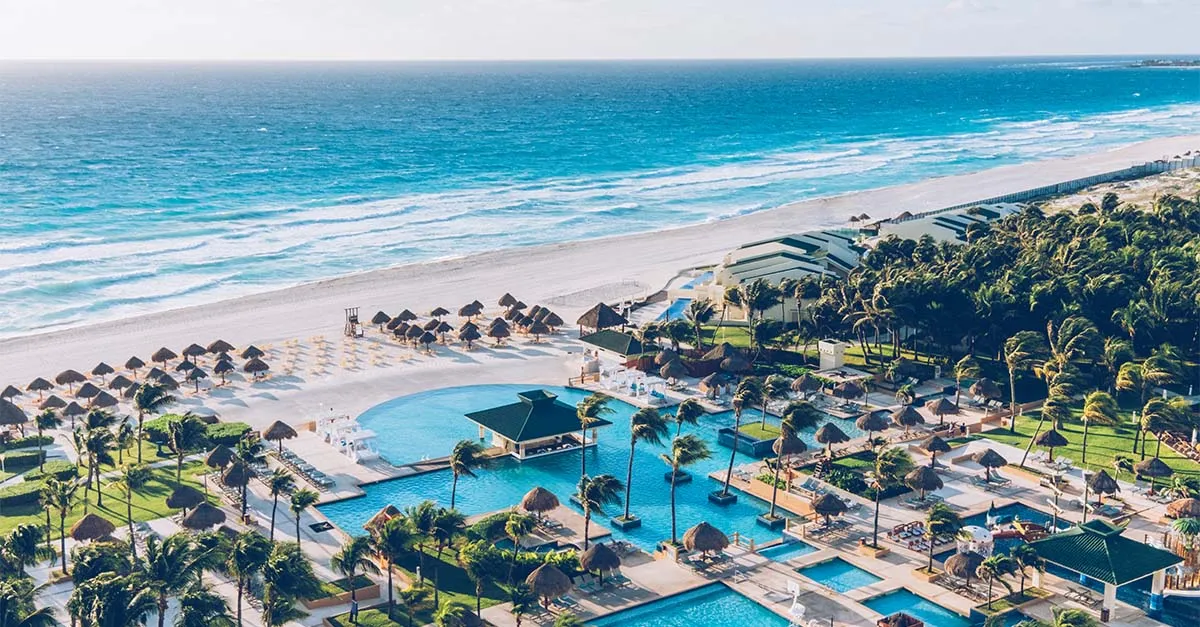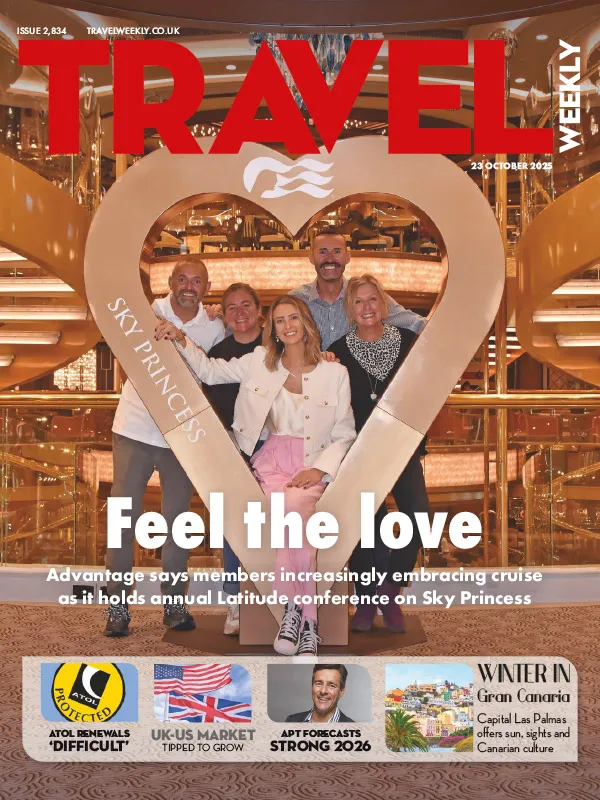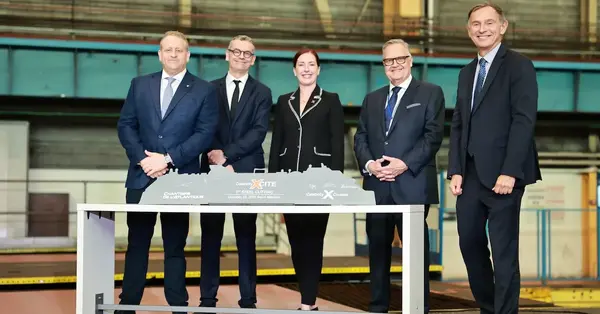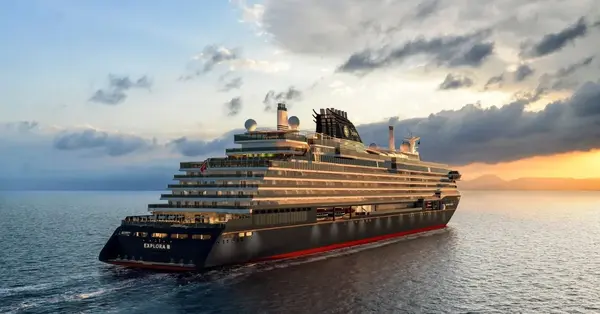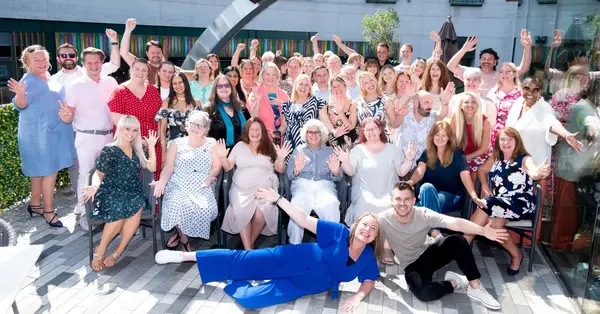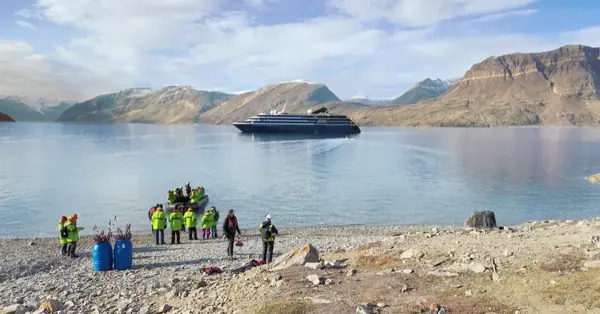You are viewing 1 of your 2 free articles
Cruise has had ‘head in sand’ on sustainability, says Hurtigruten chief
Hurtigruten Group chief executive Daniel Skjeldam has accused the cruise industry of "sticking its head in the sand” on sustainability, arguing that more should have been achieved over the past decade.
Skjeldam, who is also chief executive of HX – Hurtigruten Expeditions, told the Travel Weekly Sustainability Summit last week that he was uncomfortable being part of the cruise sector.
"It's an industry that has been sticking its head in the sand in terms of sustainability,” he said. "It could have done a ton more over the past 10 to 15 years.”
Skjeldam, who said he would rather use the word ‘voyage' to distance himself from cruise, suggested more could be done to encourage operators to become more sustainable.
"I'd like to get more targeted initiatives both for cruise and aviation for reducing emissions,” said Skjeldam, who added that taxes can play a role in influencing behaviour.
"I'd be happy to pay more taxes, but it needs to be taxed in the right way. These taxes need to be driving investment in [greener] technology.”
He said cruise lines should be taxed less if they use marine gas oil and have ships that use shore power technology.
Such an approach would incentivise investment while penalising those who are falling behind, said Skjeldam.
"We have shore power on all of our ships except one – and that one doesn't go to shore,” he added.
Skjeldam welcomed efforts to clamp down on greenwashing and called for a tempering in the praise for liquefied natural gas (LNG).
"LNG is branded like this green revolution, [but] LNG is not green – LNG happened in cruise because it's 20% less expensive,” said Skjeldam, who recommended that cruise lines reinvest the savings into further "emission-reducing initiatives”.
However, in an earlier panel session at the summit, MSC Cruises UK and Ireland managing director Antonio Paradiso said he was surprised by some of the criticism levelled at the cruise industry. He said most lines were on course to meet net-zero carbon emissions by 2050, adding that MSC Cruises was "ahead of the game”.
"I'm still surprised about the amount of misinformation attached to the cruise industry,” he added.
"New ship MSC Euribia completed the world's first net-zero sailing earlier this year by using bio-LNG, on a mass balance system, Paradiso said, but challenges remain over the sourcing of "commercially viable” fuel.
Addressing the "misinformation” about the cruise sector, Paradiso said: "A lot is being done already, so maybe some of these misconceptions were true 20 years ago, but we started this revolution a long time ago.”
On the topic of overtourism, Skjeldam said the cruise sector needs to take action to make sure passengers will be welcome in destinations.
"In Barcelona, cruise guests are not welcome any more,” he said, urging lines to "create value” in the communities they visit.
"The cruise industry needs to take this very, very seriously, otherwise these ships will sail around on the open ocean and not be allowed to go into ports except their home ports,” he added.
Skjeldam also questioned the value of ships "dumping” as many as 7,000 guests in a destination, saying: "I think a ship carrying 7,000 people is too large for pretty much any community on the planet.”
More: Travel putting its future at risk by promoting ‘home comforts', warns G Adventures boss

